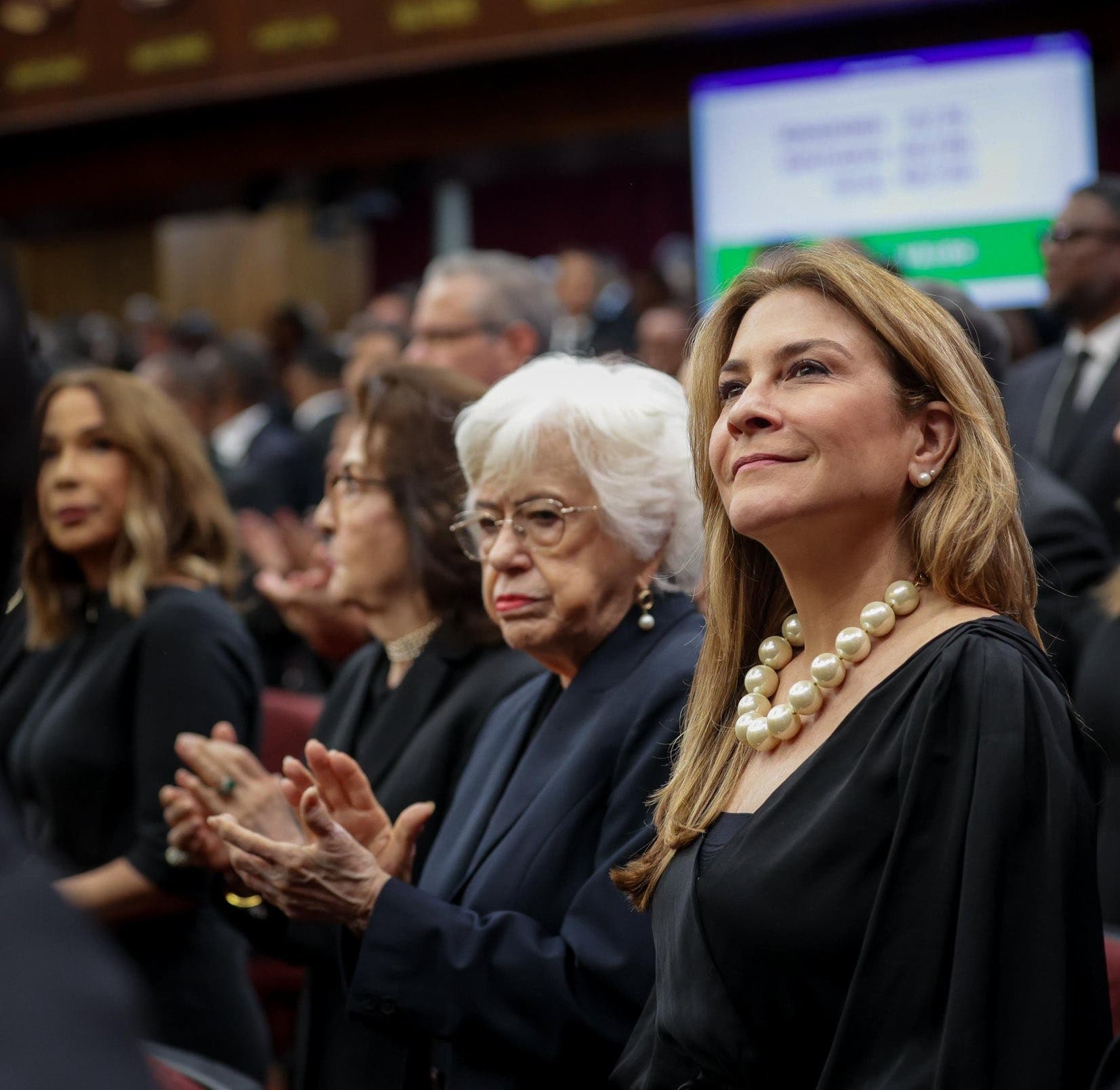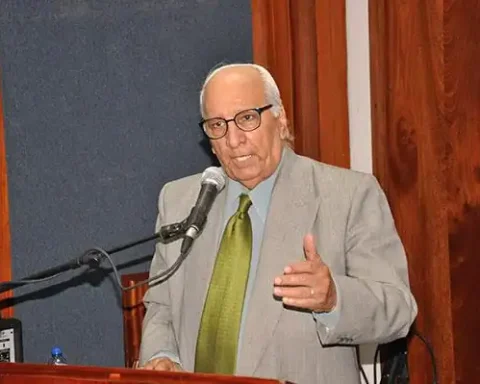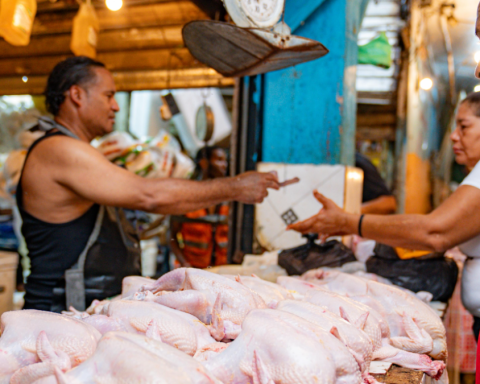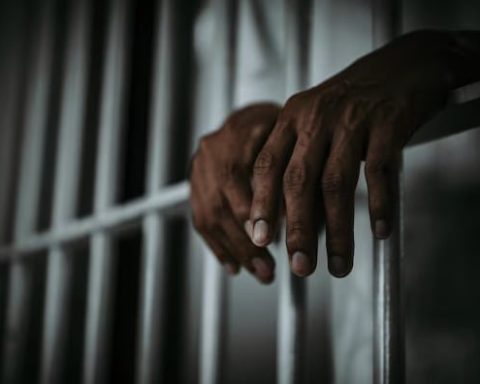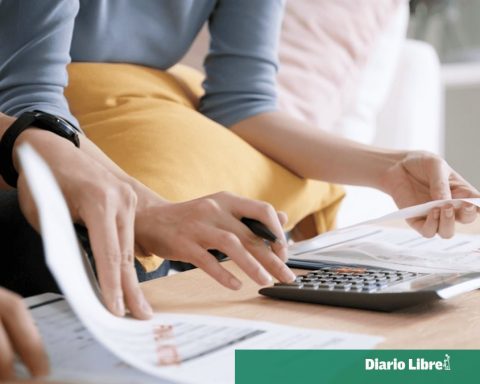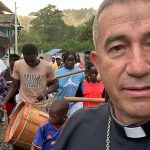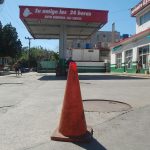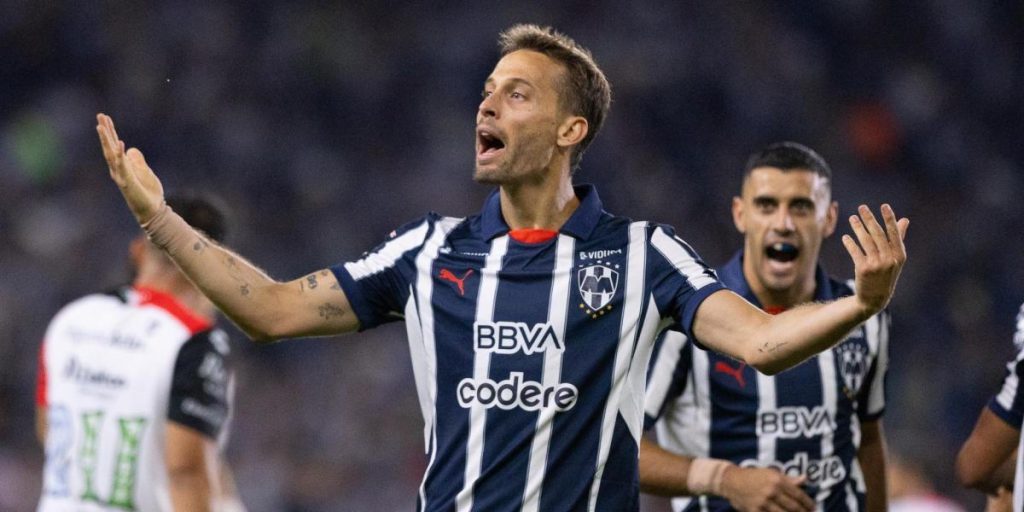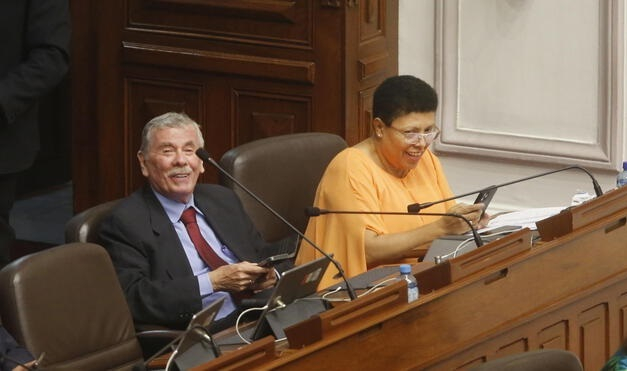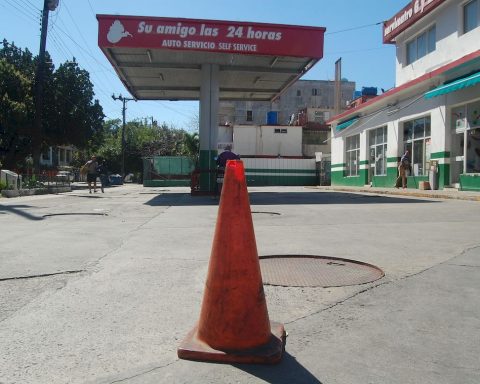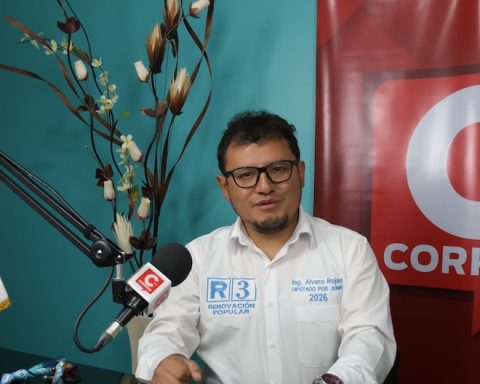Madrid. The mayor of Santo Domingo, Carolina Mejiaassured this Tuesday that the Dominican Republic “is ready to have a female president,” although he did not say if she would be a candidate in the 2028 elections.
“The issue of airing that publicly is something that I have not raised because we are just inaugurating the president’s second term.” (Luis) Abinader”which ends in 2028, Mejía explained during a Casa de América-Agencia EFE Tribune, together with the mayor of San José de Costa Rica, Diego Miranda.
Asked if she will be a candidate, she responded “In our party (the Modern Revolutionary), there are several comrades who, we could say, would eventually be pre-candidates for a convention in 2027, but for the moment, our focus is concentrated on accompanying the president in his management”.
And that “it meets the objectives that we have set for ourselves as a government party and that we can develop and continue transforming the country into what is needed,” he added in a conversation moderated by the director of the International Information department of the EFE Agency, Emilia Perez.
“At the time we will be able to say everything, everything has its moment,” reiterated Mejía, the first female mayor of Santo Domingo, about the possibility of her being a presidential candidate.
Regarding the withdrawal of the labor reform, Mejía said that the central government is studying new measures that it will present on this issue and estimated that it would be before the end of the year.
“There were some sectors that, logically, they were asking that certain measures that were being proposed in the reform be analyzed, but that they have agreed to promote necessary reforms,” he commented on this.
Regarding labor reform, he said that the Minister of Labor, Miguel de Campshas been “agreeing with certain sectors on the differences they had” and could also already have a “definition” in 2024.
Regarding the Constitutional reform already approved by the Parliamenthighlighted that President Abinader gave “vital importance” to what he has called “constitutional locks” to ensure the “alternation of power” in the Dominican Republic.
